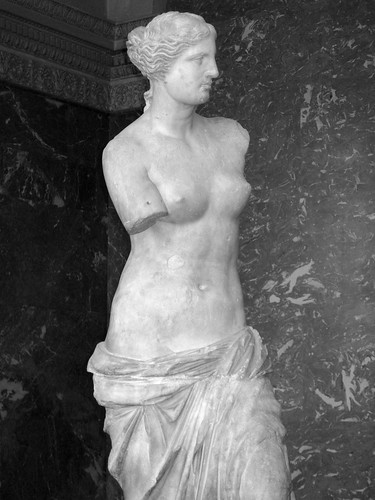I am all for expression and encourage people express their opinions about literature in whatever way they feel necessary, as long as it doesn't obstruct others from making their own opinions. That's the point of this blog. I want to encourage people to see the impracticality and destruction caused by certain groups or individuals by trying to limit access to books and other forms of literature (graphic novels, films, plays, etc.) This week I was wandering the unlimited hallways of the internet, trying to find content for today's post. I came across an opinion piece on News-Leader.com.
Wesley Scroggins is an associate professor of management at Missouri State University, and he wrote
this article criticizing book choices in classrooms. He claims that "In high school English classes, children are required to read and view material that should be classified as soft pornography." The books specifically targeted are
Speak, Twenty Boy Summer, and
Slaughterhouse Five. The article is frightening enough simply because Mr. Scroggins is trying to limit access to literature and knowledge. He doesn't just stick with High School but also spotlights sex-education classes in all grades. Where am I going with this, you ask? If you read the article, I'm sure you'll understand. I'm trying to say that if you're going to share your opinion, at least learn how to write a sentence!!!
Mr. Scroggins... I'm sorry, Dr. Scroggins, writes sentences that would cause certain grammar critics to feel faint. An entire blog post on
The Rejectionist is devoted to the horrific grammatical errors that cause one to laugh rather than take anything he says seriously. Here's one example from The Rejectionist's blog entry. The bold is from the original article:
The content ranges from naked men and women in cages together so that others can watch them having sex to God telling people that they better not mess with his loser, bum of a son, named Jesus Christ.
The comma, Dr. Scroggins, is a friend, not a foe; and a loyal, staunch friend it may be to a writer who treats it with the respect and admiration it is due. Yet you, sir, appear determined here to heap upon this hardworking little ally all manner of abuses; unsurprisingly, in your hour of need the comma has betrayed you, thanks to your callous disregard for its proper employ.
Another sentence that proved quite difficult to interpret was as follows:
In this book, drunken teens also end up on the beach, where they use their condoms to have sex.
And how, pray tell, does a drunken teen use “condoms to have sex”? We consider ourselves pretty worldly, good sir, but we are quite baffled as to the exact logistics involved in “us[ing] their condoms to have sex.” Perhaps you are more well-versed in the vagaries of kink than this innocent Rejectionist, Dr. Scroggins. A little light shed on the technicalities of this activity would be most useful, as we are left here to our imagination, which we must admit is failing us entirely.
Perhaps this is going to get taken as me just being rude. But that is not the case at all! I simply think that if you are going to go to the trouble of making random claims in an attempt to place limitations on what people can read, the least you can do is put together a thoughtful comment, and check your spelling. Dr. Scroggins, unfortunately, did none of the above. Of course he also thinks that the sex is
Speak is bad for High School students to read. The sex that takes place is rape. It's tragic, not sexy. Come on, Dr. Scroggins, there's this thing called context!
Laurie Halse Anderson spoke out against Mr. Scroggins on her own
blog:
My fear is that good-hearted people in Scroggins’ community will read his piece and believe what he says. And then they will complain to the school board. And then the book will be pulled and then all those kids who might have found truth and support in the book will be denied that. In addition, all the kids who have healthy emotional lives but who hate reading, will miss the chance to enjoy a book that might change their opinion.

Thank you to Laurie Halse Anderson for her well-written and grammatically correct response. And to reiterate, I do not hold anything against Dr. Scroggins if he wishes to be of the opinion that
Speak and
Slaughterhouse Five are soft pornography. What I am against is the idea that because he holds these opinions, others should not be allowed to read the literature. That is what truly scares me; that people who can't take the time to write a strong argument are being listened to and are able to impose limitations onto others.
Care to share your thoughts and opinions? Feel free to talk about the original article's meaning or the horrible construction of it, The Rejectionist's blog post, or Laurie Halse Anderson's response. It's all fair game.

























